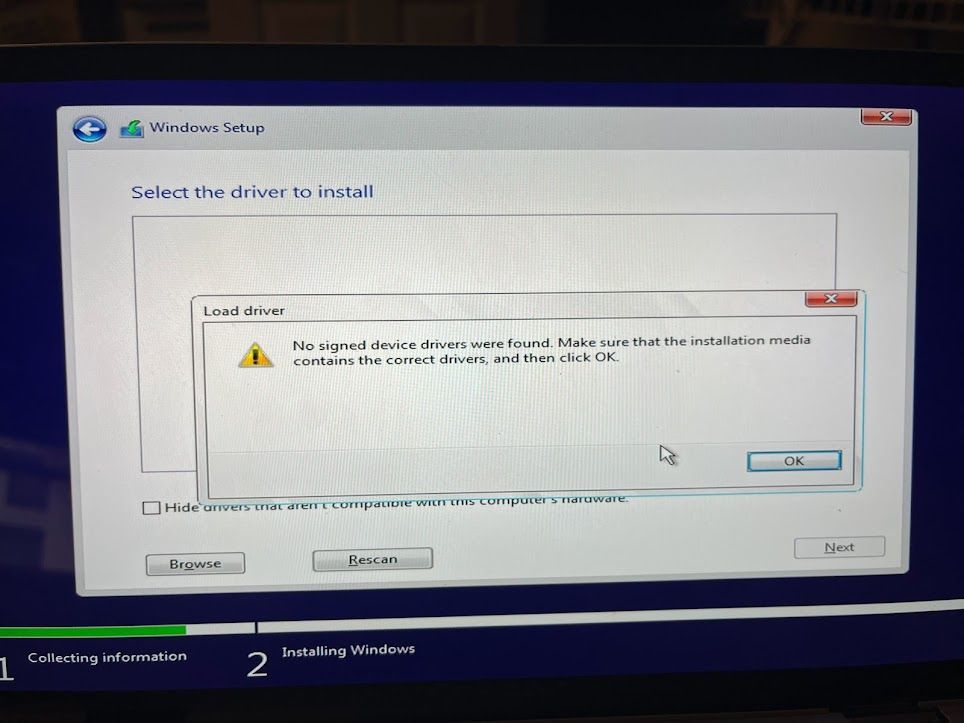I am a Computer Hardware professional. I started working with computer technology in the early eighties. I have seen the evolution of technology starting with closed platforms like the game console era and then the move toward open platforms like the Home Computer Golden Age. In the last 5 or 10 years, I have witnessed technology changes that are slowly moving away from open hardware designs towards hardware that is locked down and can’t be modified by the user. For more articles on this subject, see my DeceptiveTechnology section.
Is Dell limiting access to drivers and designing BIOS to minimize OS changes?
In the last few years, I have noticed a trend where Dell does not provide RST storage drivers for NVME SSDs (the software that allows a user to cleanly install an operating system from media) on Laptops and Desktops. Normally, you can just go into the BIOS, switch from NVME Raid to ACHI, and be done with it—or can you?
I recently purchased a Dell Inspiron 16 Plus 7640 Laptop with a BIOS that does not have an option to change to an AHCI storage configuration. Without the RST storage driver not being made available on Dell’s website, and no ability to switch to ACHI, you cannot reinstall Windows in a clean state from a installation disk because the install requires that the RST driver be manually loaded befoe it can see the storage device.
Normally, you would see this screen that allows you to switch storage modes
I tried the key combinations to enable advanced BIOS configuration that worked on previous models, but no dice. Is it a coincidence that Dell has not been releasing the RST storage drivers for most of these models in the last couple of years, and is now deciding that the BIOS storage configuration should not be changable?
If you check Dell’s website for drivers, you probably will not see RST drivers for many models listed. I checked the driver listing for my model and so far I don’t see it.
Here is a different model with no RST listing.
You can try to find drivers online, based on the hardware id’s, especially from Intel’s website, but they don’t always work for your particular model. I even tried to extract the drivers from the OS but I wasn’t able to find a .inf configuration profile to make it work.
These changes effectively prevents a user from cleanly reinstalling the operating system from media. The only option, that I can see, is to install from the service partition on the device, or from Dell’s BIOS re-installation technology, which contains bloatware, targeted advertising, and data collection.
I’m open to being wrong, please let me know if I am missing something.
Short of evidence to the contrary. I believe this is one small part of a bigger and long-term planned effort within the PC hardware and software industries to control the user experience for consumer hardware. Apple is also moving in this direction with the MacOS by limiting non-approved software from being installed. Yes, you can work around it, but it’s getting harder and harder to do so with every iteration of the Operating System.
We are slowly being boiled to the point of no return. We need some kind of consortium for users to represent our interests otherwise in 10 or 20 years we will have very limited choice when it comes to computer technology.


